Reconstructive surgery for fistula
The project aimed to increase the quality of life for women in Sierra Leone suffering from obstetric fistula through specialized surgical interventions and holistic care; and to reduce childhood morbidity and mortality by providing basic healthcare to children through diagnosis, medical treatment, immunisations and community health education.
A total of 201 surgeries and 210 surgical procedures were performed for women suffering from childbirth-related injuries. One surgeon was trained and 21 nurses received regular on-the-job training. 6,246 consultations were conducted for children under twelve, providing diagnosis and treatment of diseases such as malaria, anaemia, pneumonia, diarrhoeal disease and typhoid fever. Other conditions such as ear infections, eye diseases, worms and skin conditions were also treated. 734 children were immunized against vaccine-preventable childhood diseases (polio, measles, tetanus, etc.)
Mercy Ships is a global charity founded in Switzerland in 1978. It deploys a fleet of hospital ships, crewed by volunteers, to provide sustainable access to medical care. In collaboration with local and international nurses and doctors, Mercy Ships offers specialised surgical interventions and preventive health campaigns for the poorest populations.
Type
HealthDuration
January 2009 - December 2009Location
Freetown / Sierra LeoneWith whom
Mercy Ships
Website
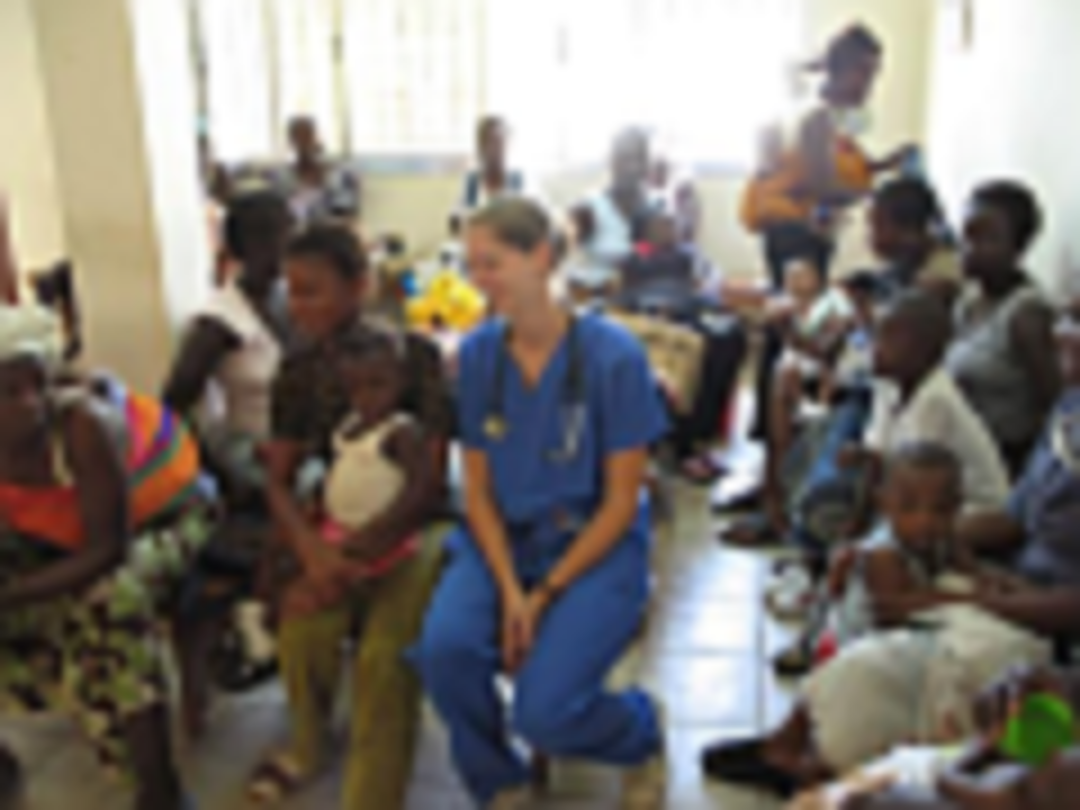
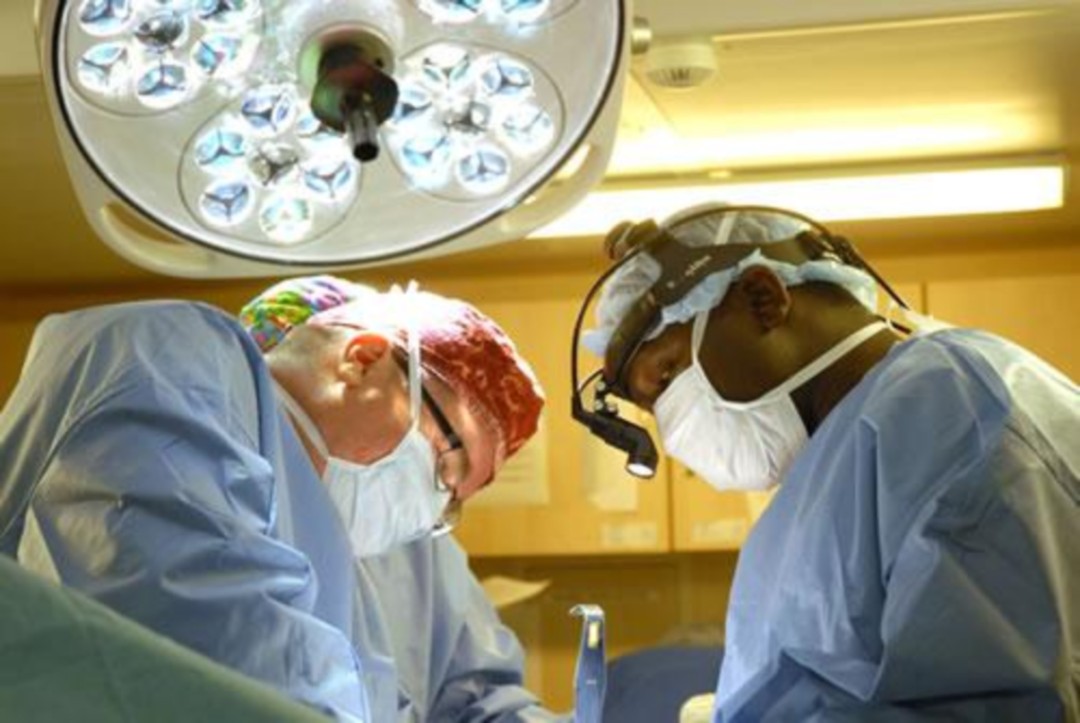
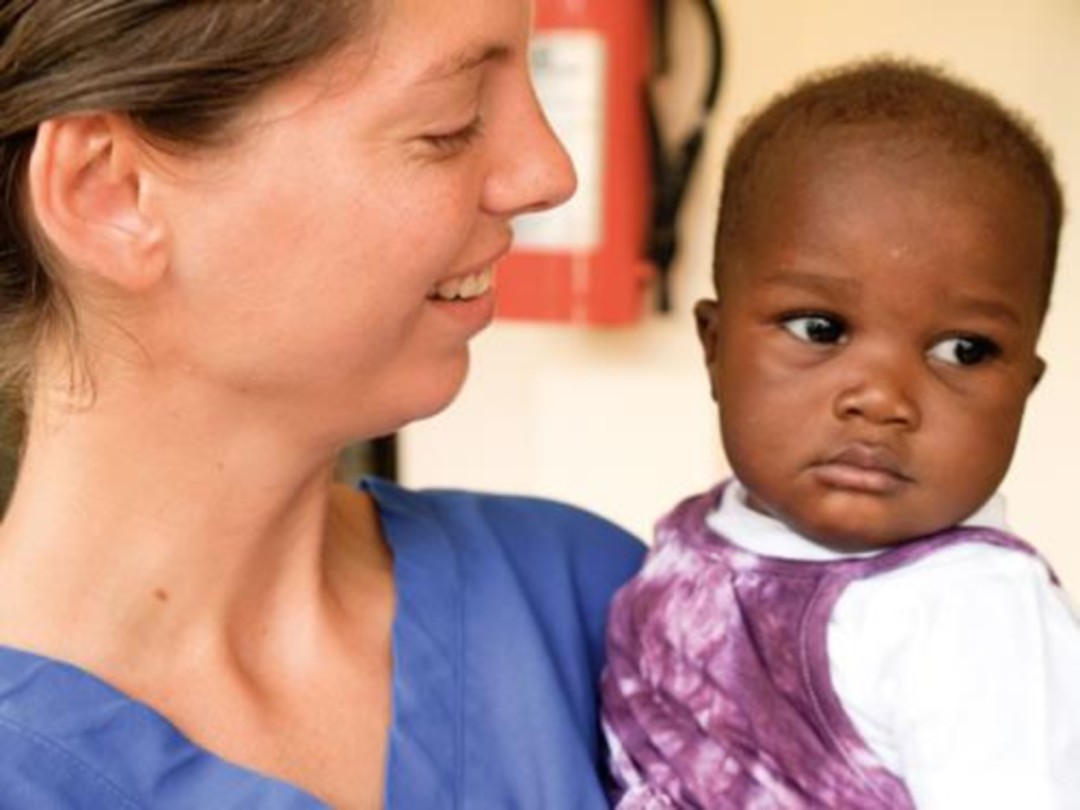

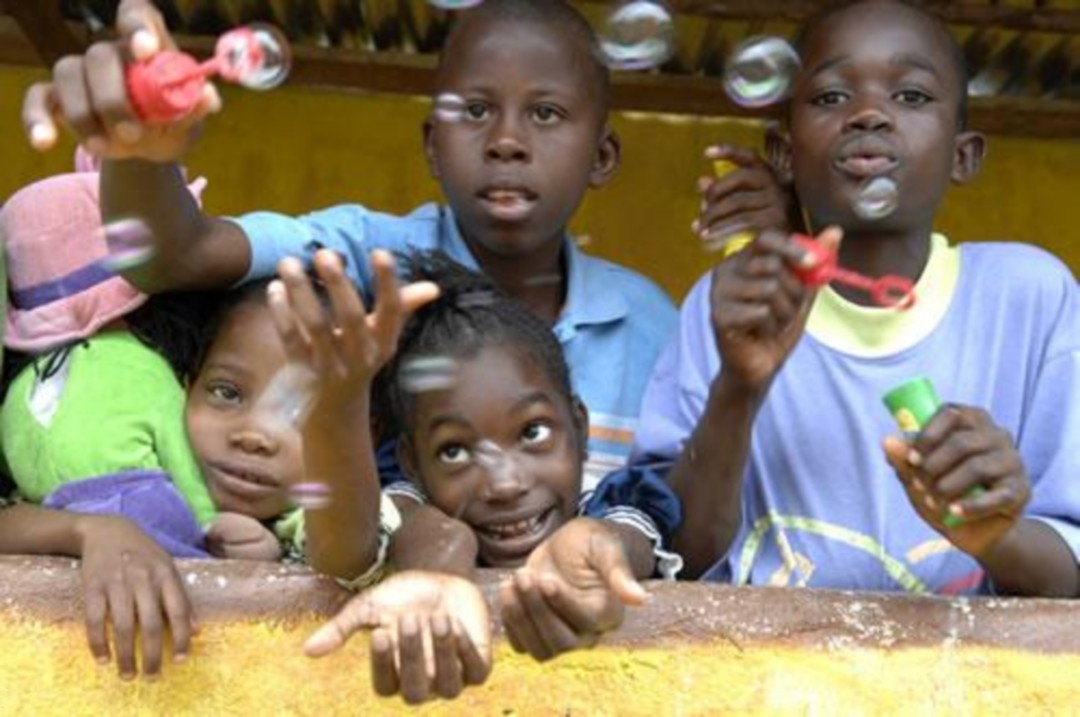
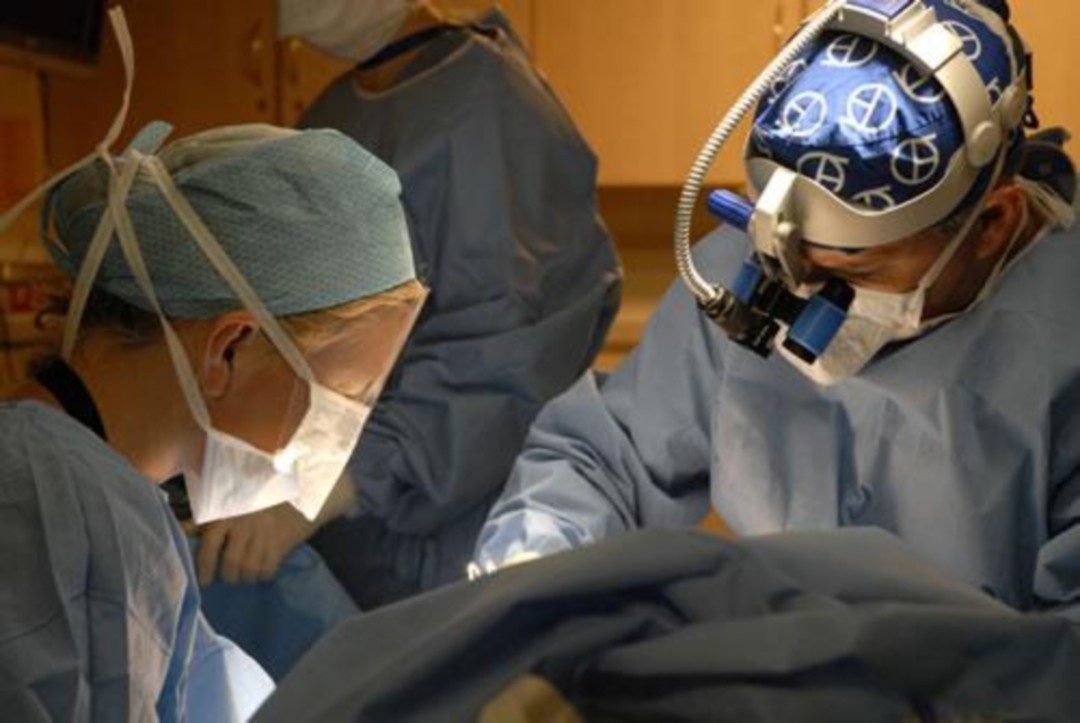
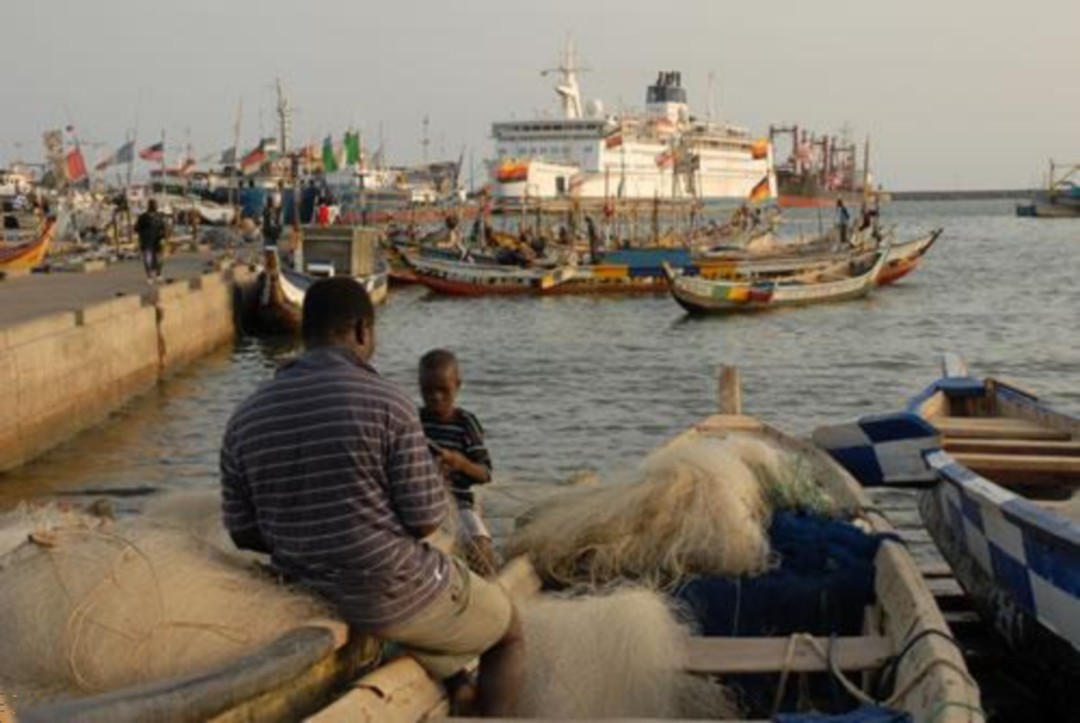
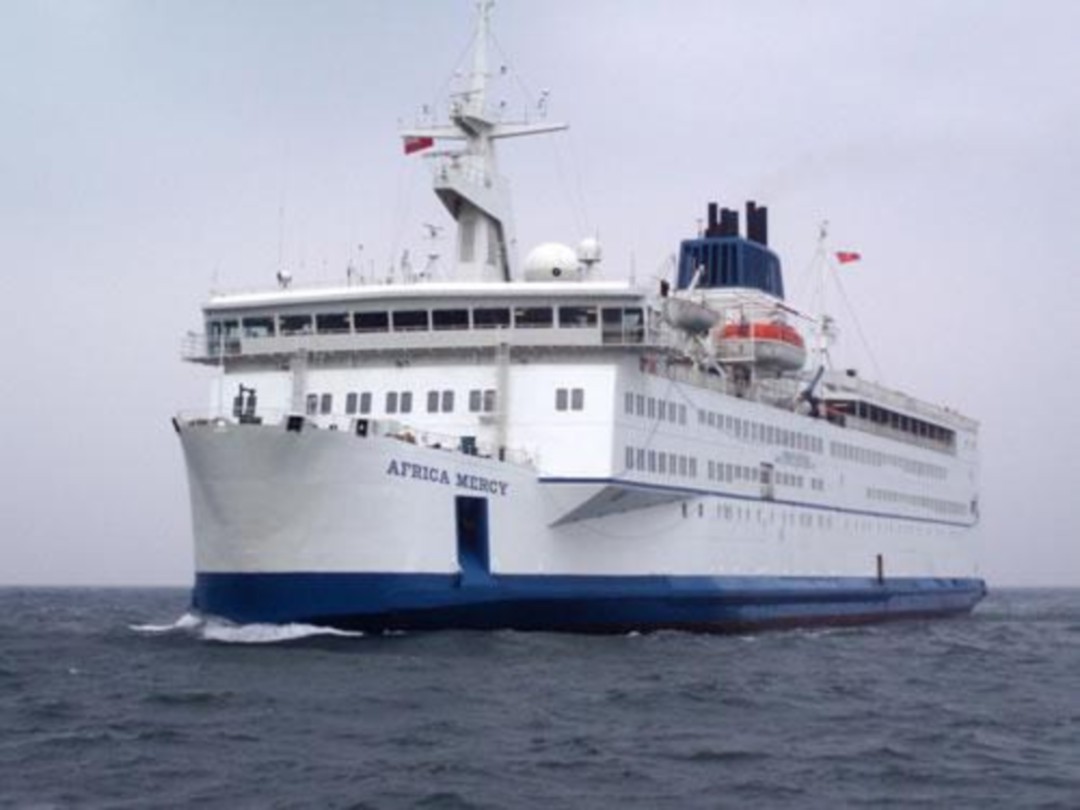
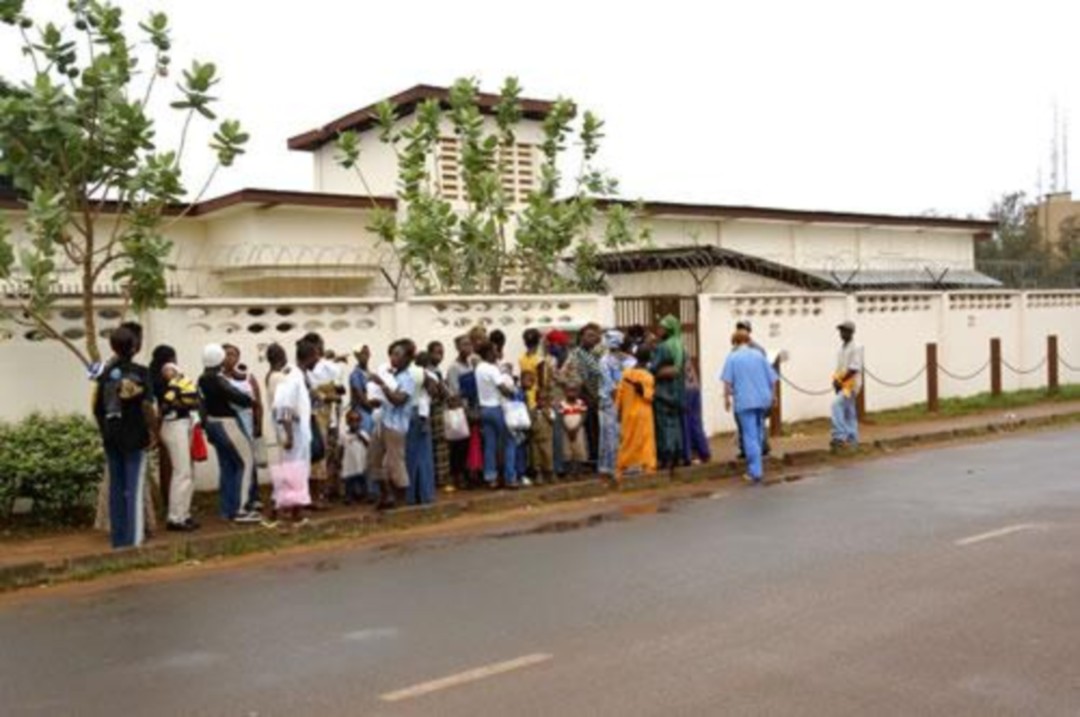
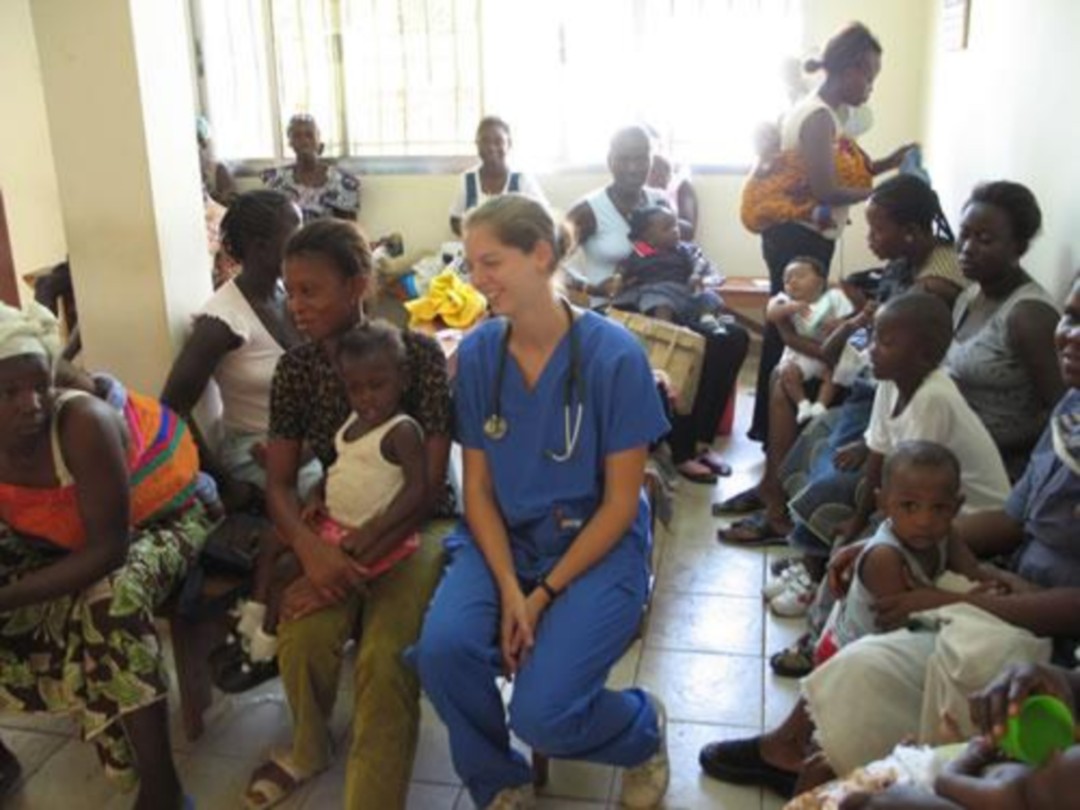
Sierra Leone
Population
7.6 million (2017)
Per Capita Income
USD 510/year (2017)
Poverty rate *
53% (2011)
Literacy rate
32% (2016)
Human Development Index
184th out of 189 countries (2018)
Sierra Leone has made considerable progress since the end of the civil war in 2002, consolidating peace, democracy and improving development indicators. The Sierra Leone government has prioritised and implemented reforms aimed at reducing corruption, providing health care and improving transport, power and public health infrastructures. Despite these significant political and socio-economic achievements, infant and maternal mortality rates are among the worst in the world. Poverty is heavily concentrated in the rural and other urban areas around Freetown. Underemployment remains a challenge and is especially acute in rural areas, compounded by a high level of illiteracy. The Ebola outbreak in 2014 added immense pressure to already fragile health systems.
Sources: World Food Program, UNICEF, World Bank, 2016 Human Development Report, Human Development Indices and Indicators (2018 Statistical Update)
*The percentage of the population living below the national poverty line.